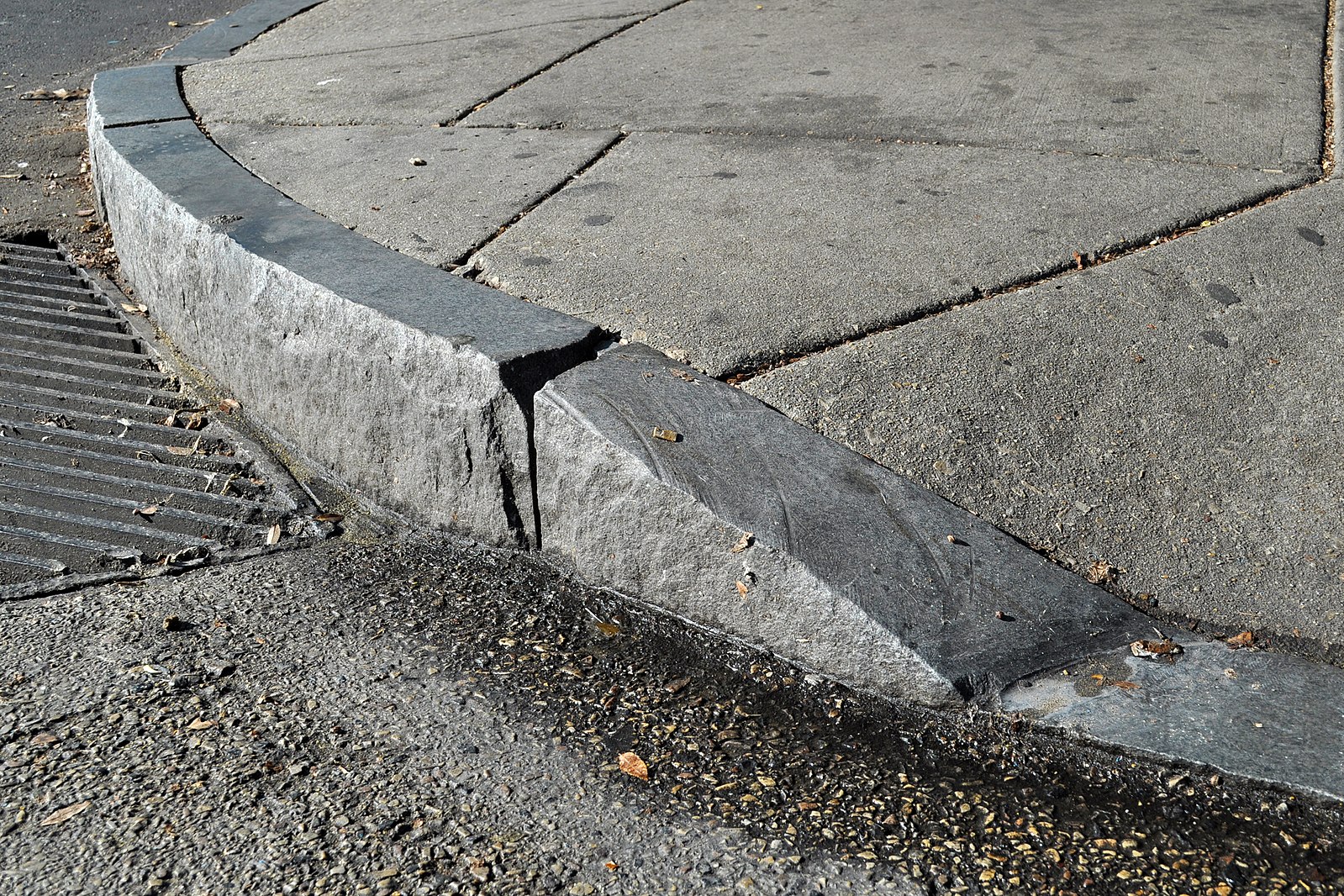Philadelphia just became the latest U.S. city to agree to begin the slow process of making its sidewalks accessible to people who use assistive devices — though some say the win would be more significant if people with mobility challenges weren't so often forced to sue to get basic access to the places where they live.
On Nov. 7, the City of Brotherly Love announced the final terms of the settlement of a class-action lawsuit launched in 2019 that will require local officials to either install or fix 10,000 curb ramps over the next 15 years, at a pace of at least 2,000 ramps every three years. Moreover, the city has committed to keeping those ramps in safe working order — though notably, the city won't be obligated to do the same for the sidewalks beyond the ramps, which a judge ruled fall outside of the scope of the suit.
Good. There also needs to be more ticketing and towing of people who block curb ramps or the entire damn sidewalk.
— laurasaurus 🌻 (@iamlaurasaurus) October 15, 2022
I’ve had to get around Philly in a wheelchair, and it fucking sucks. https://t.co/LT0Uxnr8BW
The news was nonetheless met with applause from the plaintiffs and their attorneys, though some questioned why it took legal action for Philadelphia to step up and meet the modest standards set out in the Americans with Disabilities Act, which has been the law of the land for more than 32 years.
“They’re responding to our needs now because we sued them,” Fran Fulton, one of the plaintiffs, told WHYY. “If they had any kind of conscience about pedestrians’ needs, it wouldn’t have required a lawsuit."
This isn't the first time Philadelphia has been sued for its #ADAfails. In the now-famous 1993 case Kinney v. Yersusalim, an earlier generation of mobility justice advocates successfully convinced a judge that Pennsylvania transportation officials did have to install curb ramps anytime they resurfaced a city road, despite state and local agencies' claims that providing basic infrastructure to allow people who use assistive devices to participate in public life would represent an "undue burden" on their offices.
Despite that victory, many of Philadelphia's curbs have remained inaccessible — and experts say that's alarmingly normal in U.S. communities. Cities like Baltimore, Long Beach, Calif. and Portland, Ore. have all been sued for dangerous sidewalk conditions, but even the suits that advocates win can take decades to translate into real roadway results. (In New York, for example, a settlement earlier this year will lead to virtually all of the city's subway stations to be accessible ... by 2055.)
"Even the cases that go relatively smoothly still feel hard-fought," said Meredith Weaver, a senior staff attorney at Disability Rights Advocates, which served as co-counsel for the plaintiffs and has mounted similar lawsuits nationwide. "Part of that is just how long it takes. It’s been decades since the ADA was passed, and I think a lot of the folks we represent, rightfully, are asking, 'Why has it taken this long to make a change?' The burden of all those years can make the litigation process feel like it takes so much longer."
Weaver said that her clients in Philadelphia have paid a steep price for their leaders' inaction, including injuries, isolation, and simply being afraid to travel in unfamiliar neighborhoods where they're not sure whether they'll hit the "brick wall" of a missing curb ramp around the next corner. One plaintiff, who uses a wheelchair, described the particularly painful experience of being unsure whether he could safely transport his young daughter on his lap on a neighborhood sidewalk — or whether they might flip on a too-steep ramp and both get thrown out of his chair, where they'd likely lie helpless in the street until someone found them.
Weaver was careful to note, though, that there are structural reasons why city sidewalk policy can seem so callous — and they help explain why it often takes a multi-year lawsuit to get them to act.
"In most cases, it’s not that cities don’t care about access to the city for folks with disabilities," she said. "I think, given an endless supply of cash, most of them would probably be doing this work already. But without resources, things can fall by the wayside. ... Cities have timelines for replacing asphalt; they know that it only lasts a certain amount of time before it needs to be repaired, and they make a plan to do it. Concrete is no different, but they don’t make those plans. Sidewalks tend to be built and then left."
"There would be even more of these types of cases, but there’s just not enough attorneys to go around," she said. "We obtained a great outcome in this case, and I applaud the city of Philadelphia for what they are going to devote to accessibility over the next 15 years. But the facts of this case are the same as the facts on the ground across the country. Other than the fact that the city is making an improvement now, unfortunately, there’s not a lot that sets Philadelphia apart."






